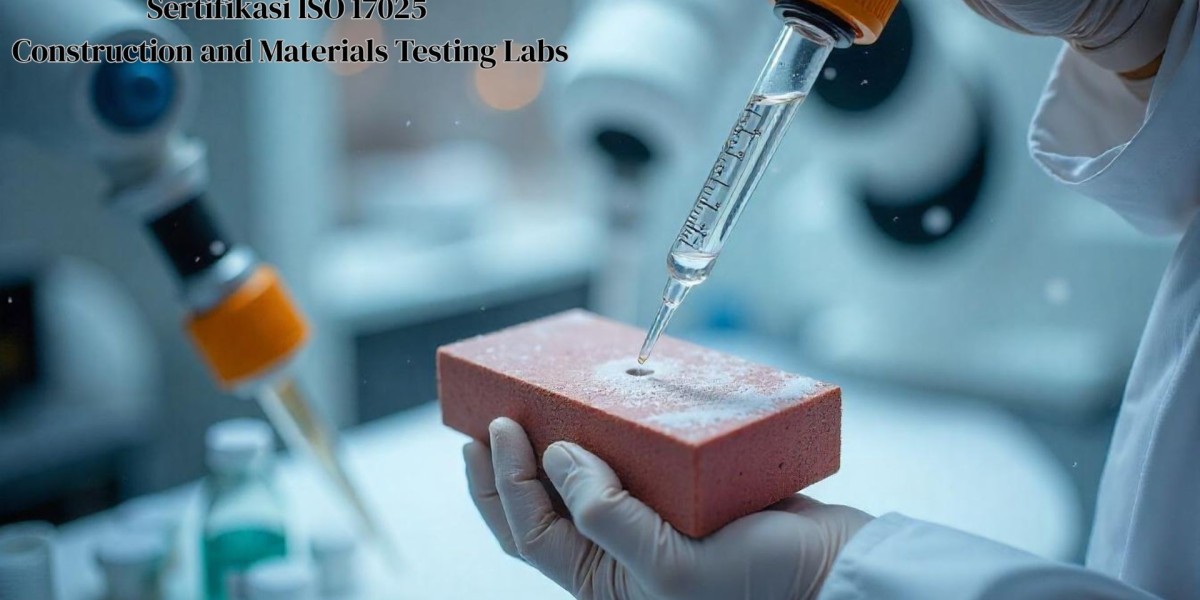Introduction
In industries where precision, accuracy, and reliability are non-negotiable, ISO 17025 Certification plays a vital role in validating the competence of testing and calibration laboratories. As the internationally recognized standard for laboratory quality and technical performance, ISO 17025 ensures that laboratories produce valid results, operate efficiently, and meet regulatory and customer requirements. Certification not only demonstrates compliance but also builds trust and credibility in a highly competitive and regulated environment.
Understanding ISO 17025
ISO/IEC 17025 is a standard developed by the International Organization for Standardization (ISO) in collaboration with the International Electrotechnical Commission (IEC). It specifies the general requirements for the competence, impartiality, and consistent operation of laboratories. The standard applies to all organizations performing testing and calibration, regardless of their size or scope. It covers both management system requirements, such as document control and corrective actions, and technical requirements, including equipment calibration, test methods, measurement traceability, and personnel competency.
Key Components of ISO 17025
The standard is built on several core elements that ensure the reliability of laboratory results. These include management system requirements, which focus on maintaining quality documentation, internal audits, and continual improvement, and technical requirements, which address the calibration of equipment, validation of methods, and competency of staff. ISO 17025 also emphasizes impartiality and confidentiality, ensuring that laboratory activities are carried out independently and securely. These elements work together to assure clients that the lab operates with integrity and scientific accuracy.
Certification Process
Achieving ISO 17025 certification involves a multi-step process. Laboratories must first conduct a gap analysis to identify areas needing improvement. This is followed by the development and implementation of quality and technical procedures in line with the standard. Once ready, the lab undergoes an assessment by an accredited certification body, which evaluates compliance through documentation review and on-site audits. Any non-conformities identified must be addressed before the certificate is issued. Certification is typically valid for a set period, with surveillance assessments conducted to ensure ongoing compliance.
Benefits of ISO 17025 Certification
ISO 17025 certification provides significant advantages, including enhanced credibility and recognition in national and international markets. It helps laboratories improve the accuracy and reliability of their results, reduce operational errors, and enhance customer satisfaction. The certification also supports regulatory and contractual compliance, opening doors to new business opportunities and partnerships. For industries like pharmaceuticals, food, environmental testing, and manufacturing, sertifikasi iso 17025 is often a prerequisite for trusted lab services.
Conclusion
ISO 17025 Certification is a cornerstone of quality and competence in laboratory operations. By meeting the stringent requirements of the standard, laboratories demonstrate their ability to produce valid and traceable results, ensuring confidence among clients, regulators, and stakeholders. With its focus on technical excellence and continual improvement, ISO 17025 sets the global benchmark for reliable and professional laboratory performance.







